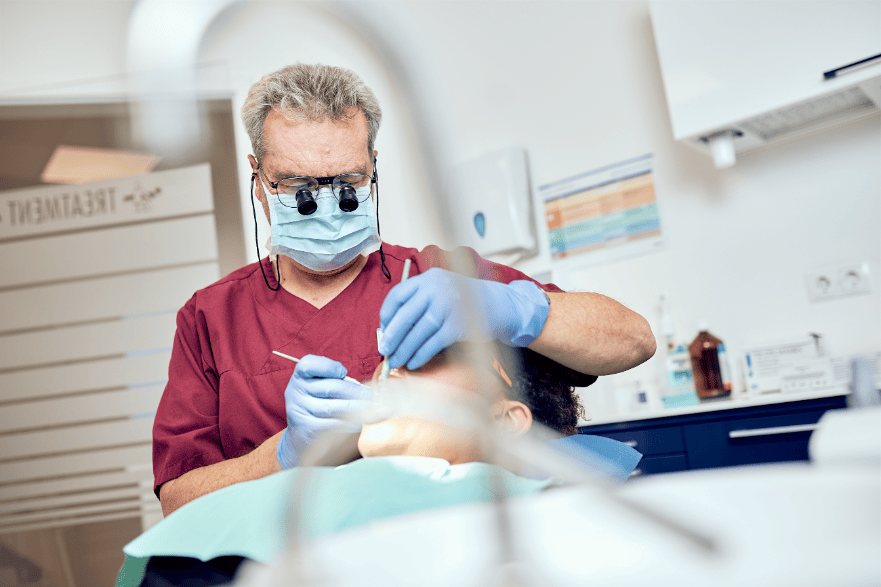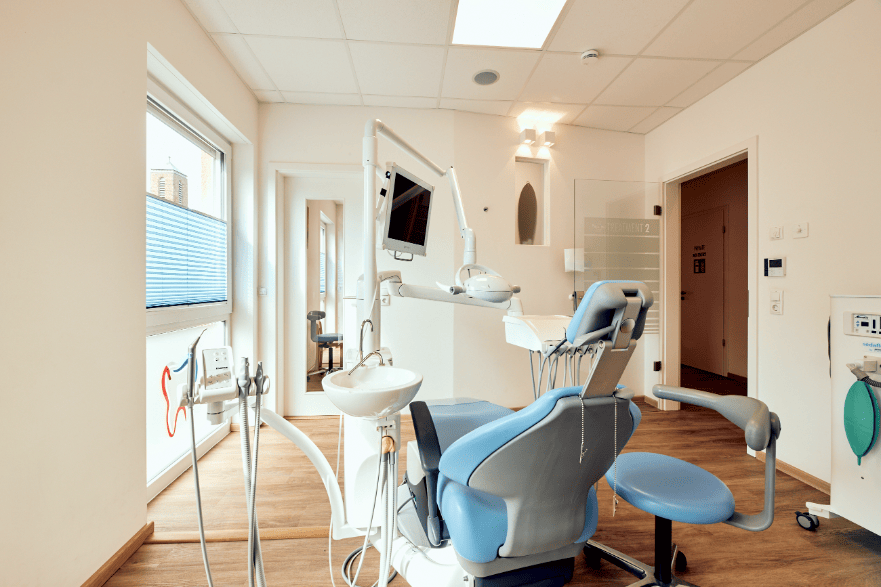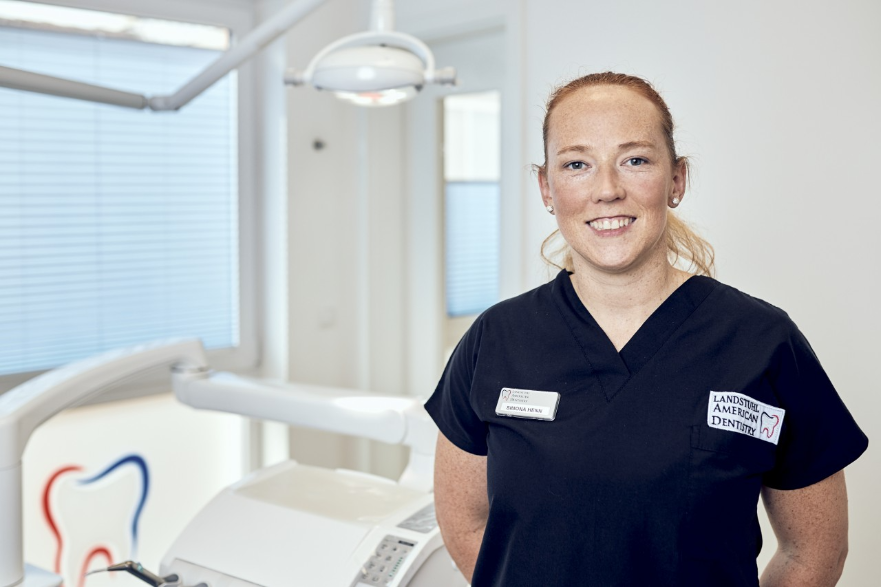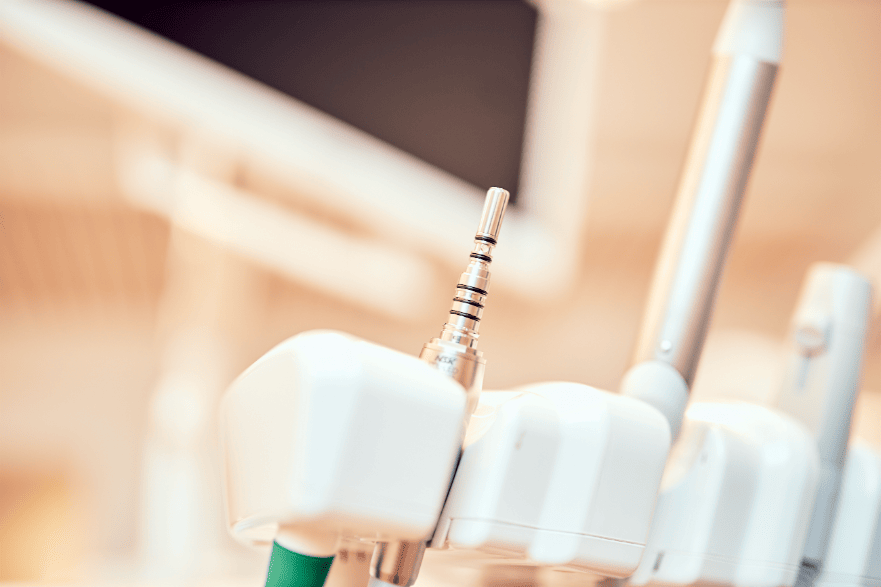There are different types of dental prostheses. It is not possible to give a general answer as to which is the right one in your individual case. Each method has its advantages and disadvantages, which must be coordinated and weighed up in each individual case. Therefore, it is important to receive a thorough, well-founded and detailed professional consultation prior to any treatment.
An important goal in the selection of a suitable dental prosthesis is to place as little stress as possible on the neighboring healthy teeth. Therefore, as little tooth structure as possible should be ground down and the extraction of any remaining teeth should be considered as a last resort.
A basic distinction is made between removable and fixed dental prostheses. There are also combined dental prostheses, which are a combination of removable and fixed elements.
The following types of dental prostheses are offered in dentistry today:
Fixed dental prostheses:
- Veneers
- Bridges
- Dental crowns, partial crowns, onlays and inlays
- Adhesive prosthetics
- Fixed implant-supported prosthetics (on 4–8 dental implants per jaw)
Removable dental prostheses:
- Crown attachment prosthesis
- Double crown prosthesis (“telescopic prosthesis”)
- Complete dentures
- Clamp prosthesis (“model cast prosthesis”)
- Removable implant-supported prostheses (ball abutment, Locator prosthesis, magnetic attachments, bar restoration)
From a technical point of view, dental implants in themselves are not (yet) dental prostheses, but are the basis to which dental prostheses can be attached. From a technical point of view, dental implants in themselves are not (yet) dental prostheses, but are the basis to which dental prostheses can be attached. The advantage of such implants is that they can be used to replace missing teeth without having to grind down the neighboring teeth. In addition, dental implants prevent bone loss of the jaw.
Dental implants can be used as “bridge abutments” to enable fixed implant-supported dental prostheses. Thanks to the latest methods, this is now possible with just six implants per jaw. Such fixed implant-supported prostheses are considered to be the leading method in the discipline of prostheses, as they enable the complete reconstruction of the natural tooth by means of artificial dental prostheses.
Veneers are all-ceramic shells that are primarily used for aesthetic purposes. In the case of tooth gaps, bridges are particularly useful if the neighboring teeth are already damaged.
Adhesive prosthetics, in which artificial teeth are “glued” to the neighboring tooth with the help of a bar, is an elegant method, especially for children and adolescents. Dental implants are not an option for them as their jaws are still growing.
Strictly speaking, (partial) crowns, inlays and onlays are not dental prostheses but tooth preservation measures. In terms of billing, however, they are treated as dental prostheses, which is why we also refer to them as such here.
Traditionally, however, a prosthesis is understood to be a partial or complete prosthesis. These are quick and comparatively inexpensive solutions, but they make major sacrifices in terms of dental aesthetics. In the case of such prostheses, there are also frequent restrictions in the ability to taste. Perhaps the biggest disadvantage, however, is that such prostheses often do not fit snugly enough, which many patients perceive as a significant reduction in their quality of life.
Telescopic prostheses and attachment prostheses are already regarded as high-quality dental prostheses. Natural teeth that are still present are used as abutments to attach the prosthesis to. This ensures a stable hold.
However, the premium choice in the discipline of removable dental prostheses are implant-supported dental prostheses. The prosthesis is anchored to at least four implants in the upper jaw and at least two implants in the lower jaw. The result is characterized by extremely high user comfort and impressive stability.



 info@doryumu.de
info@doryumu.de
 Search
Search








